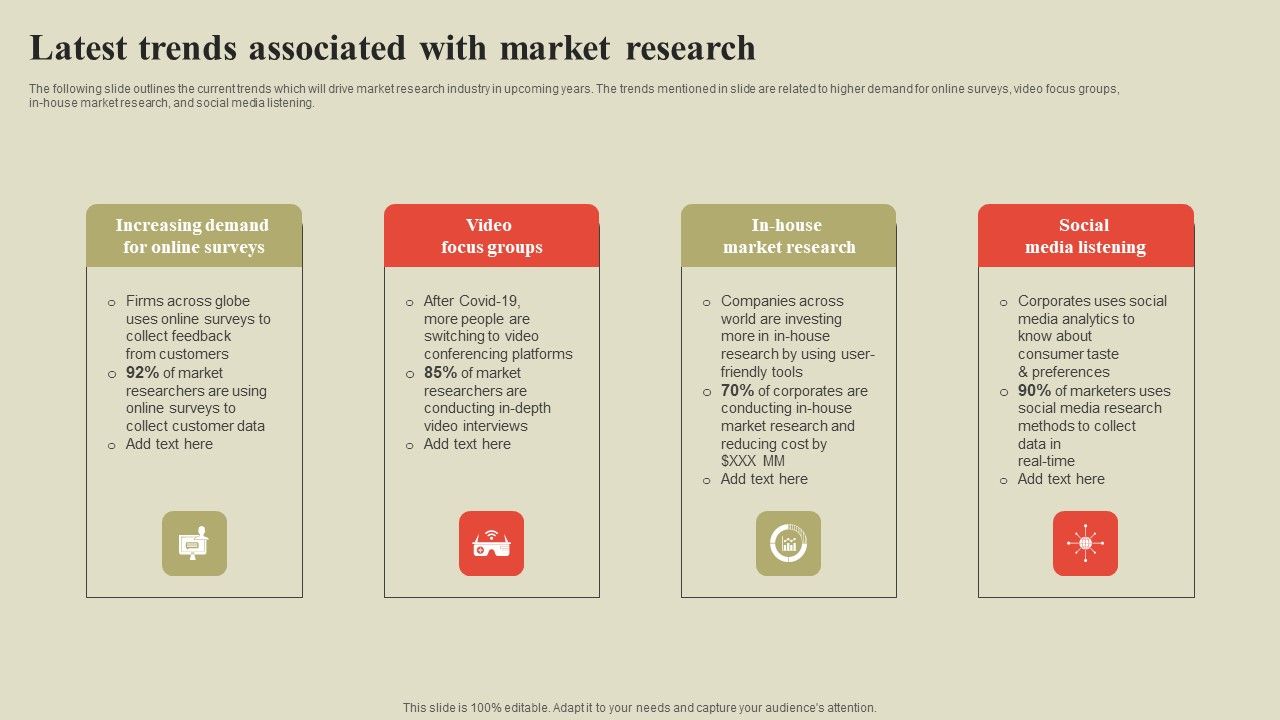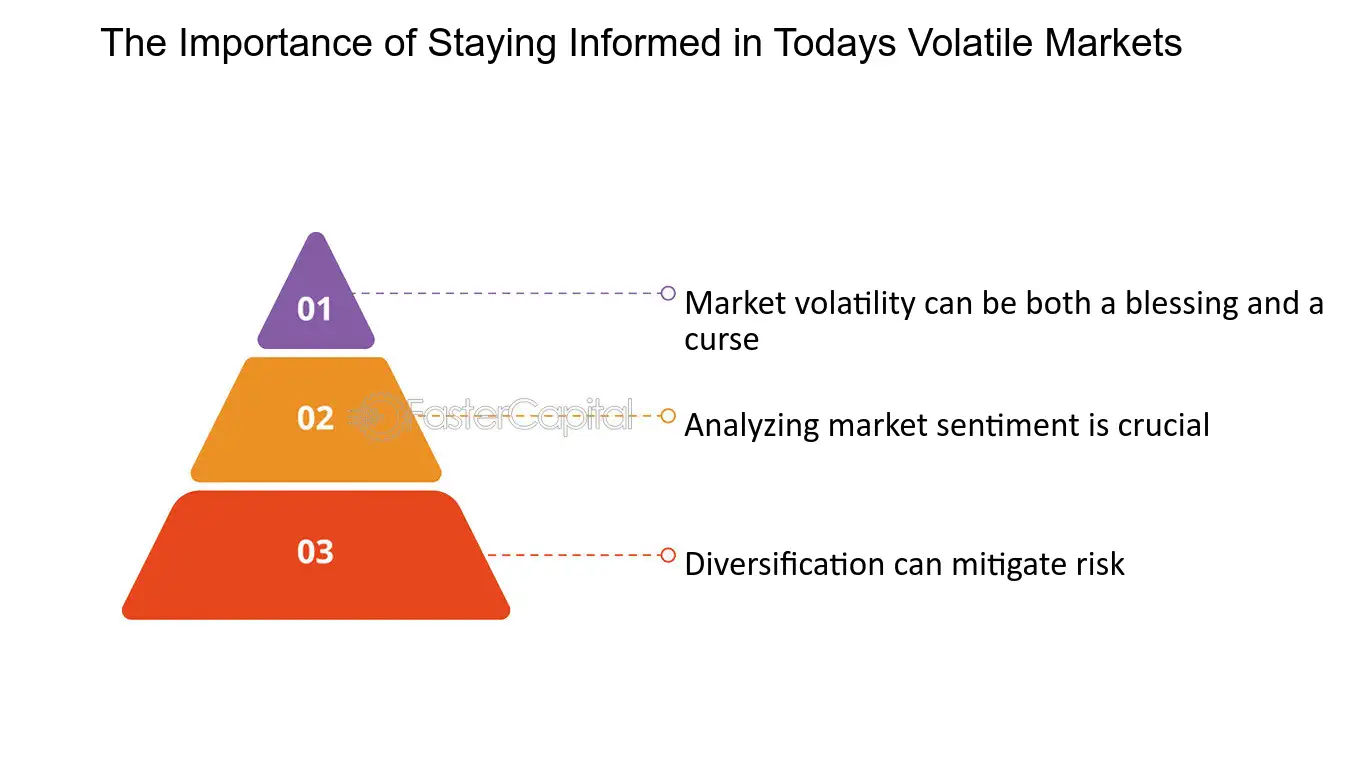Did you know that 90% of day traders don't actually know what day it is? Staying informed is crucial in this fast-paced world, and our article dives into essential strategies for day traders to keep their edge. Discover the best news sources tailored for your trading needs, how to leverage social media for real-time updates, and recommended financial apps that can streamline your research. Learn to interpret key economic indicators, the significance of earnings reports, and effective methods for tracking market trends. With insights on technical analysis, trading forums, and the latest podcasts, you'll be equipped to make informed decisions. Plus, find out how to set up alerts, use newsletters, and understand the impact of geopolitical events on the market. Stay ahead of the game with the expertise offered by DayTradingBusiness!
What are the best news sources for day traders?
The best news sources for day traders include:
1. Bloomberg – Offers real-time financial news and data.
2. CNBC – Provides up-to-the-minute market updates and analysis.
3. Reuters – Known for breaking news and financial reporting.
4. MarketWatch – Focuses on market trends and economic news.
5. Yahoo Finance – Good for quick updates and stock quotes.
6. Investing.com – Features economic calendars and news alerts.
7. Twitter – Follow financial analysts and news outlets for real-time updates.
These sources help you stay informed about market-moving events and trends.
How can I use social media to stay updated in trading?
Follow industry leaders and trading experts on platforms like Twitter and LinkedIn for real-time insights. Join trading-focused groups on Facebook and Reddit to engage in discussions and share tips. Use platforms like StockTwits for market sentiment and trending stocks. Set up Google Alerts for specific trading topics or stocks to receive instant updates. Participate in trading webinars or live streams on YouTube for expert analysis. Consistently check financial news on sites like Bloomberg or CNBC for market-moving information.
What financial news apps are recommended for day trading?
For day trading, recommended financial news apps include:
1. Bloomberg – Offers real-time market data and breaking news.
2. CNBC – Provides live updates, stock quotes, and business news.
3. Yahoo Finance – Features market news, alerts, and customizable watchlists.
4. MarketWatch – Delivers financial news, analysis, and stock market data.
5. Seeking Alpha – Offers crowd-sourced insights and stock analysis.
These apps keep you informed with timely updates critical for day trading decisions.
How do I interpret economic indicators for day trading?
To interpret economic indicators for day trading, focus on key reports like GDP, unemployment rates, and consumer confidence. Pay attention to how these figures compare to forecasts; surprises can lead to volatility. Use real-time news feeds to track announcements and market reactions. Analyze trends and correlations with specific assets you trade. For example, strong job growth might boost stocks but weaken bonds. Always consider the broader market context and how indicators impact sentiment. Stay flexible and adjust your strategy based on the data’s implications for price movements.
What role do earnings reports play in day trading?
Earnings reports are crucial for day trading as they can lead to significant price movements. Traders monitor these reports to capitalize on volatility. Positive earnings often drive stock prices up, while negative results can cause sharp declines. By staying informed on earnings dates and forecasts, day traders can make timely buy or sell decisions based on market reactions. Additionally, analyzing earnings reports helps traders gauge company performance and market sentiment, enhancing their trading strategies.
How can I follow market trends effectively?

To follow market trends effectively as a day trader, subscribe to financial news platforms and use real-time market data services. Monitor key economic indicators and earnings reports. Join trading forums and social media groups for insights. Utilize technical analysis tools to identify patterns. Set up alerts for price movements and news updates. Regularly review your trades to learn from market behavior. Stay disciplined and flexible to adjust your strategies based on emerging trends.
What websites provide real-time stock market data?
Websites that provide real-time stock market data include:
1. Yahoo Finance – Offers real-time quotes, charts, and news.
2. Google Finance – Provides live market updates and stock information.
3. MarketWatch – Features real-time stock quotes and financial news.
4. TradingView – Offers interactive charts and real-time data for stocks and other assets.
5. Investing.com – Provides comprehensive market data and analysis.
6. Bloomberg – Delivers real-time financial news and data, though some features may require a subscription.
7. TD Ameritrade – Offers real-time stock data through its trading platform.
8. E*TRADE – Provides live quotes and market information for its users.
Using these sites can help you stay informed and make timely decisions as a day trader.
How important is technical analysis in day trading?
Technical analysis is crucial in day trading. It helps traders identify price trends, patterns, and potential entry and exit points. By analyzing charts and indicators, day traders can make informed decisions quickly. Staying updated on market news and using technical analysis together enhances trading strategies and boosts profitability.
How can I join trading forums for insights?
To join trading forums for insights, start by searching for popular platforms like Reddit, StockTwits, or Elite Trader. Create an account on these sites, and then participate in discussions by asking questions and sharing your experiences. Look for dedicated trading groups on Facebook or Discord as well. Engaging regularly and networking with other traders will enhance your understanding and keep you informed.
What podcasts should day traders listen to?
Day traders should listen to "Chat With Traders," "The Trading Coach Podcast," and "Invest Like the Best." These podcasts provide insights on trading strategies, market analysis, and interviews with successful traders. "The Trader's Podcast" and "The Disciplined Trader" are also great for developing a trader's mindset and discipline.
How do I set up alerts for stock price changes?

To set up alerts for stock price changes, use a trading platform or financial app like Robinhood, TD Ameritrade, or Webull.
1. Open the app or platform.
2. Select the stock you want to track.
3. Look for the alert or notification option. This is usually found in the stock's profile or settings menu.
4. Set your price thresholds. Choose when you want to be alerted, like when the stock rises above or falls below a certain price.
5. Choose your notification method. You can typically receive alerts via push notifications, email, or SMS.
Confirm your settings, and you’ll receive updates whenever the stock hits your specified price points.
What are the advantages of using trading newsletters?
Trading newsletters offer several advantages for day traders. They provide timely market analysis, helping you make informed decisions quickly. You gain access to expert insights and trading strategies that can enhance your skills. Newsletters often highlight emerging trends or stocks to watch, saving you research time. They can also include trade alerts, giving you actionable ideas to implement immediately. Overall, using trading newsletters keeps you updated and can improve your trading performance.
How Can Day Traders Stay Informed and Make Informed Decisions?
Day trading involves buying and selling financial instruments within the same trading day. To stay informed as a day trader, follow market news, use real-time data feeds, monitor economic indicators, join trading forums, and utilize technical analysis tools.
Learn more about: What is Day Trading?
How can I stay informed about market volatility?

To stay informed about market volatility as a day trader, follow these steps:
1. Use Financial News Apps: Download apps like Bloomberg or CNBC for real-time updates.
2. Follow Market Indicators: Keep an eye on the VIX (Volatility Index) and other key indicators to gauge market sentiment.
3. Set Alerts: Use trading platforms to set alerts for price changes and news that impact volatility.
4. Join Trading Communities: Engage in forums or social media groups where traders discuss market trends and share insights.
5. Watch Economic Calendars: Stay updated on economic events and reports that can affect market conditions.
6. Read Analyst Reports: Review insights from analysts to understand potential market shifts.
7. Utilize Technical Analysis: Study charts and patterns that indicate volatility, using tools like Bollinger Bands or moving averages.
By actively engaging with these resources, you’ll remain well-informed about market volatility.
What tools can help me analyze market sentiment?
To analyze market sentiment, consider using tools like:
1. Social Media Analytics: Platforms like Twitter and StockTwits provide real-time sentiment analysis through trending topics and hashtags.
2. News Aggregators: Tools like Feedly or Google News help you track relevant market news and sentiment shifts.
3. Sentiment Analysis Software: Platforms like MarketPsych and RavenPack analyze news articles and social media for sentiment indicators.
4. Technical Analysis Tools: Programs like TradingView offer sentiment indicators based on market data.
5. Economic Calendars: Websites like Forex Factory highlight upcoming events that can impact market sentiment.
These tools will keep you informed and help you gauge market mood effectively.
How can I network with other day traders for information?
Join online trading forums and social media groups focused on day trading. Attend local trading meetups or financial seminars to connect face-to-face. Follow day traders on platforms like Twitter and LinkedIn to share insights. Utilize Discord or Telegram channels where traders discuss strategies in real-time. Engage in discussions, ask questions, and share your experiences to build relationships. Consider taking a trading course or joining a mentorship program for more structured networking.
Learn about How to Network with Other Day Traders
What is the impact of geopolitical events on day trading?
Geopolitical events can significantly impact day trading by causing market volatility, influencing stock prices, and altering investor sentiment. To stay informed, day traders should monitor news outlets, economic calendars, and social media for real-time updates. Utilizing trading platforms with news feeds, following analysts on Twitter, and subscribing to financial newsletters can provide timely insights. Additionally, setting up alerts for specific events or changes in market conditions helps traders respond quickly to fluctuations caused by geopolitical developments.
Conclusion about How to Stay Informed as a Day Trader
Staying informed is crucial for successful day trading. By leveraging reliable news sources, utilizing social media, and embracing financial apps, traders can enhance their market awareness. Understanding economic indicators, earnings reports, and technical analysis is vital for making informed decisions. Additionally, engaging with trading forums, podcasts, and newsletters can provide valuable insights and support. Networking with fellow traders and monitoring geopolitical events further enriches a trader's perspective. For comprehensive resources and expert guidance, DayTradingBusiness remains an essential partner in your trading journey.
Learn about How to Stay Motivated as a Day Trader